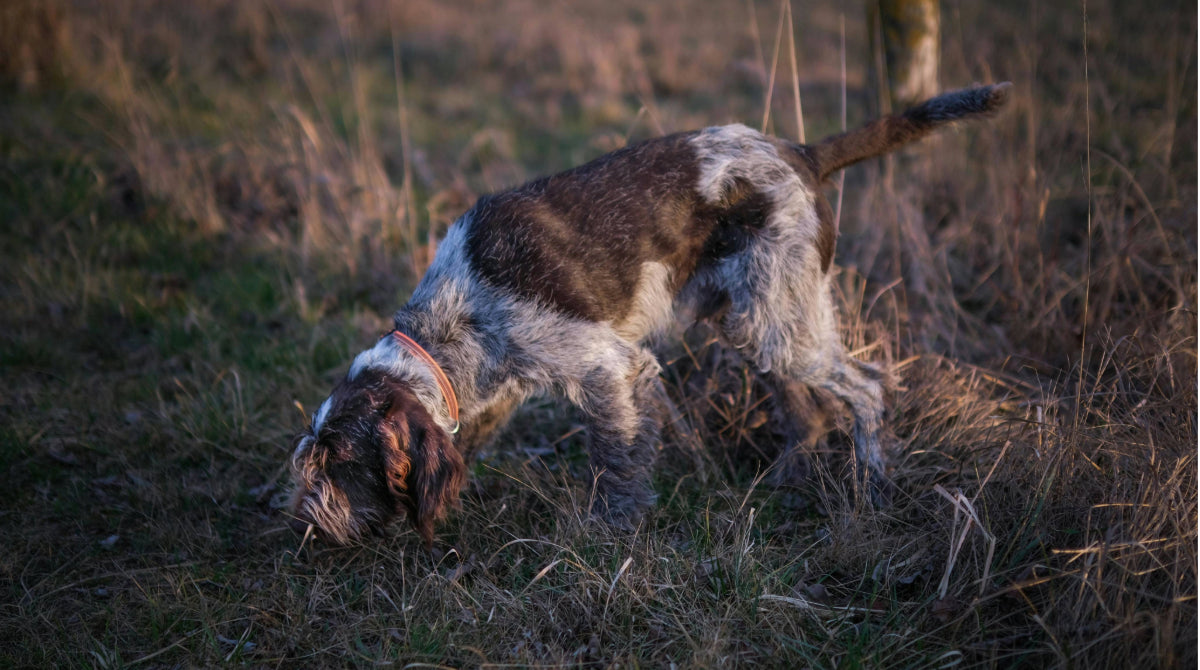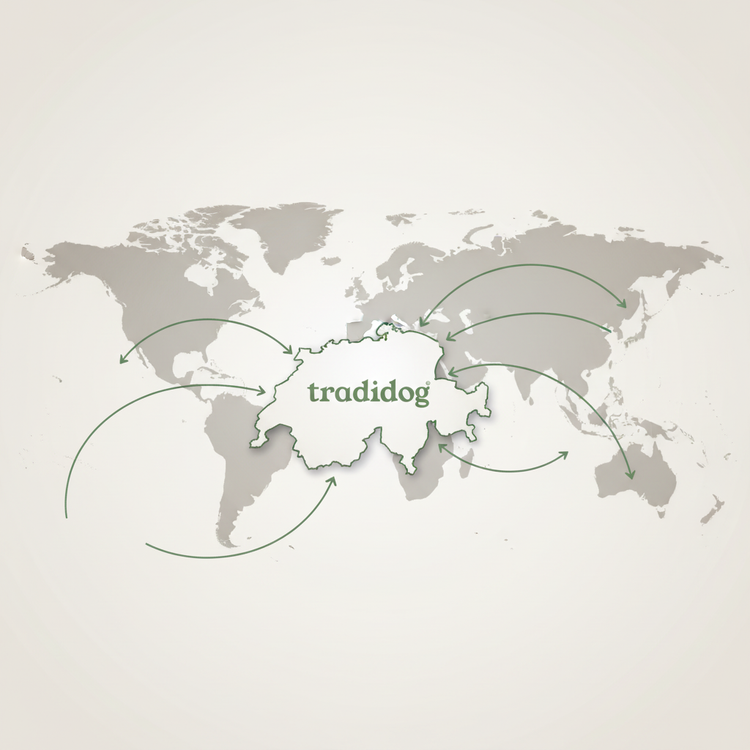
My dog is wheezing
You've probably experienced this: While out for a walk, you suddenly hear a loud wheezing sound behind you, as if your dog had just run a marathon. It's almost as if he's trying to tell you, "Hey, I'm here, and this is my way of getting some attention!" But while we often dismiss the noises our four-legged friends make as normal, a persistent wheezing sound can actually indicate a variety of issues that should be taken seriously. In this blog post, we'll take a look at the causes of wheezing, the different types, and how to best deal with it.
1. Causes of wheezing
Dog wheezing can have various causes, and it's important to understand them to find the right response. A common cause of wheezing is obesity. Dogs with too much weight often have difficulty breathing, especially when exerting themselves or lying down. Being overweight can increase pressure on the airways and lead to a wheezing sound.
Another common cause is breed. Some dog breeds, such as bulldogs and pugs, naturally have a shorter muzzle and flatter head, which constricts their airways. This can lead to a chronic wheezing characteristic of their breed.
Additionally, allergies, respiratory diseases, infections, or even foreign bodies in the airways can trigger wheezing. If your dog has persistent wheezing or shows other symptoms such as coughing, nasal discharge, or shortness of breath, it's advisable to consult a veterinarian to rule out serious health problems.
2. Ways to combat
If you determine that your dog's wheezing isn't caused by a serious condition, there are several ways you can help. One of the most effective methods is weight management. Make sure your dog is at a healthy weight to reduce pressure on the airways. A balanced diet and regular exercise can help reduce excess weight and minimize wheezing.
Introducing a special diet for sensitive dogs can also help. There are special foods designed to reduce allergies and inflammation in the respiratory tract.
Here's a little input from us: With food supplements, you're already doing a lot of things right when it comes to nutrition. Visit our online shop or contact us directly. We're happy to help.
Another approach is to adjust your dog's environment. Ensure he lives in a smoke-free, dust-free, and low-allergen environment. Air purifiers and regular cleaning can improve air quality and help reduce wheezing.
If your dog is wheezing due to breed characteristics, there are special dog collars and harnesses that can reduce pressure on the throat, making breathing easier. Regular veterinary visits are also important for early detection and treatment of potential respiratory diseases.
3. Different types of wheezing
Not all wheezing sounds are the same, and the nature of the wheezing can give you clues to the underlying problem. A mild, intermittent wheezing may simply be a sign of overexertion or excitement. In such cases, it's often harmless and will improve on its own with some rest. Perhaps your walks are simply too long or you're too fit.
A deep, steady wheezing sound, especially during sleep, can be common in brachycephalic breeds. It is usually not a cause for concern unless accompanied by other symptoms.
On the other hand, a loud, persistent wheezing accompanied by coughing or gagging may indicate a respiratory illness or allergy. Prompt action is required to ensure your dog receives the necessary medical care.
Conclusion
Overall, your dog's wheezing is a sign you shouldn't ignore, even if it often doesn't sound too bad at first. The causes of wheezing can range from harmless breed characteristics to serious health issues, so it's important to stay vigilant and consult a veterinarian if necessary. Through weight management, a suitable environment, and targeted interventions, you can promote your dog's well-being and potentially reduce wheezing. Ultimately, it's up to you to identify your loyal companion's needs and ensure they stay healthy and happy—even if they wheeze a little sometimes!
Tradidog motto: No matter how hard we try, there's no suitable rhyme for the word "rheumy." So, another reminder: Observe your dog and consult a professional more often than not.
Share

